Nouns and gender
Most English nouns do not have grammatical gender. Nouns referring to people do not have separate forms for men (male form) and women (female form). However, some nouns traditionally had different forms. Nowadays, people usually prefer more neutral forms.
| Male Form | Female Form | Neutral Form |
|---|---|---|
| actor | actress | actor |
| chairman | chairwoman | chair or chairperson |
| fireman | firefighter | |
| headmaster | headmistress | headteacher or head |
| host | hostess | (social) host (on an aircraft) cabin attendant |
| policeman | policewoman | police officer |
| steward | stewardess | (on an aircraft) cabin attendant |
| waiter | waitress | waiter |
Traditional work-roles
Some jobs were normally done by men in the past, and their names had no form for women (e.g. fireman, fisherman). Some were normally done by women, and their names had no form for men (e.g. nurses and secretaries were almost always women). Nowadays, fire-fighter is preferred to fireman, and nurse is preferred for both sexes instead of male nurse for a man. Personal assistant (or PA) is often used instead of secretary. The neutral words are more ‘politically correct’ (not likely to offend anyone):
Two fire-fighters were injured in a blaze at an electronics factory yesterday.
My brother’s a nurse in the local hospital.
Animal names
Some animal names have male and female forms. Very often, one of the names acts as a neutral term, even if we know the sex of the animal.
| Male | Female | Neutral |
|---|---|---|
| bull | cow | cow |
| dog | bitch | dog |
| drake | duck | duck |
There were loads of people out walking with dogs today.
In the middle of this park there was a lovely pond with ducks swimming on it.






































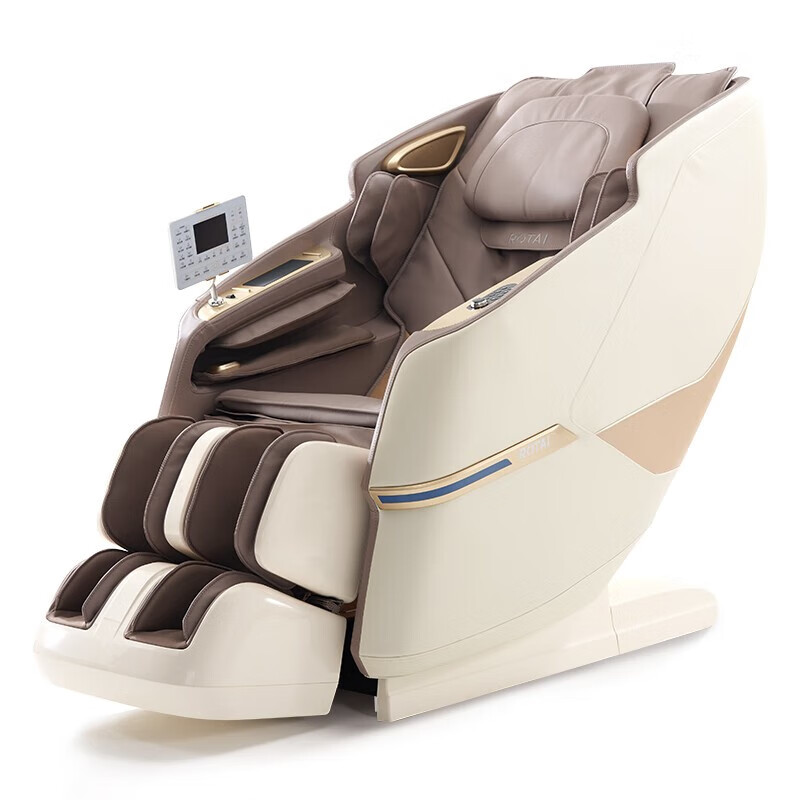
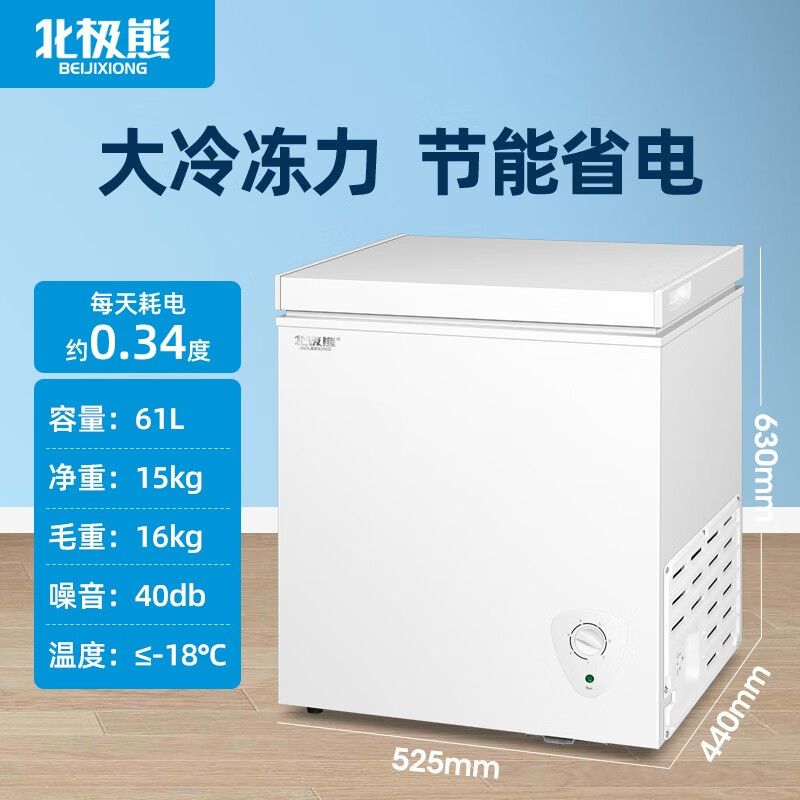
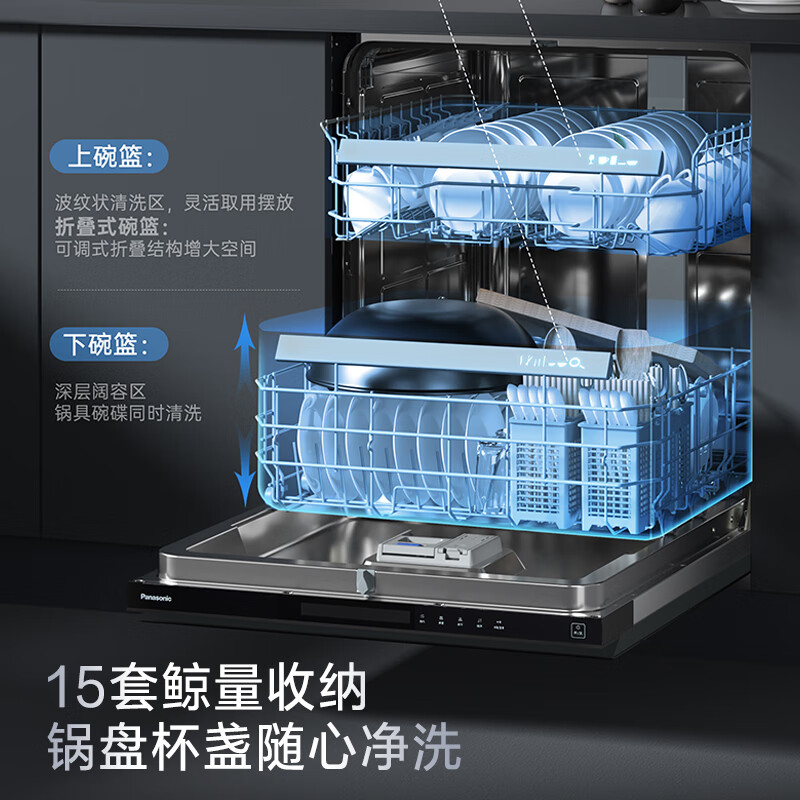

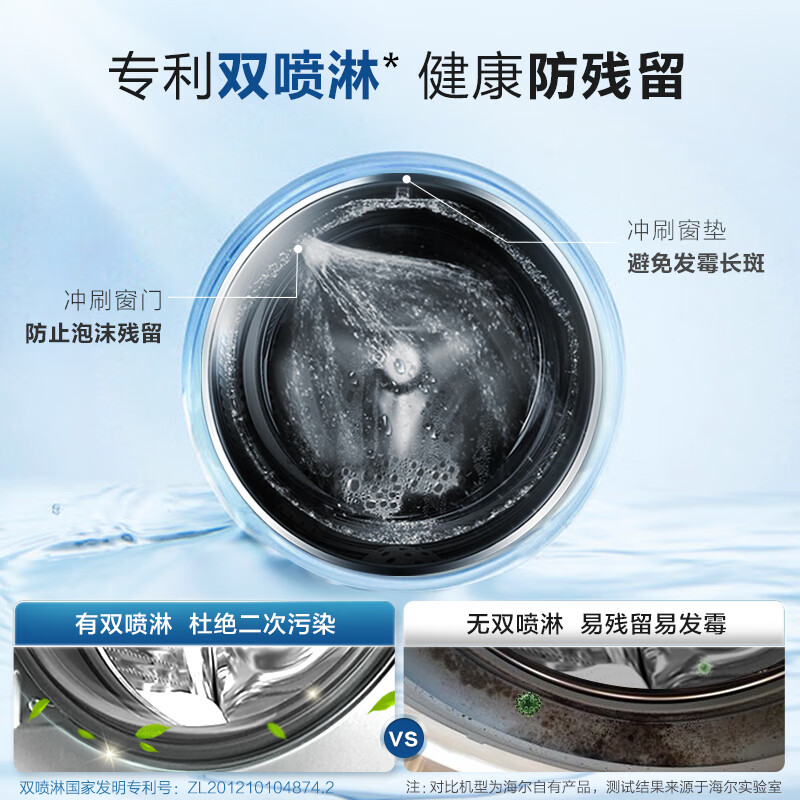
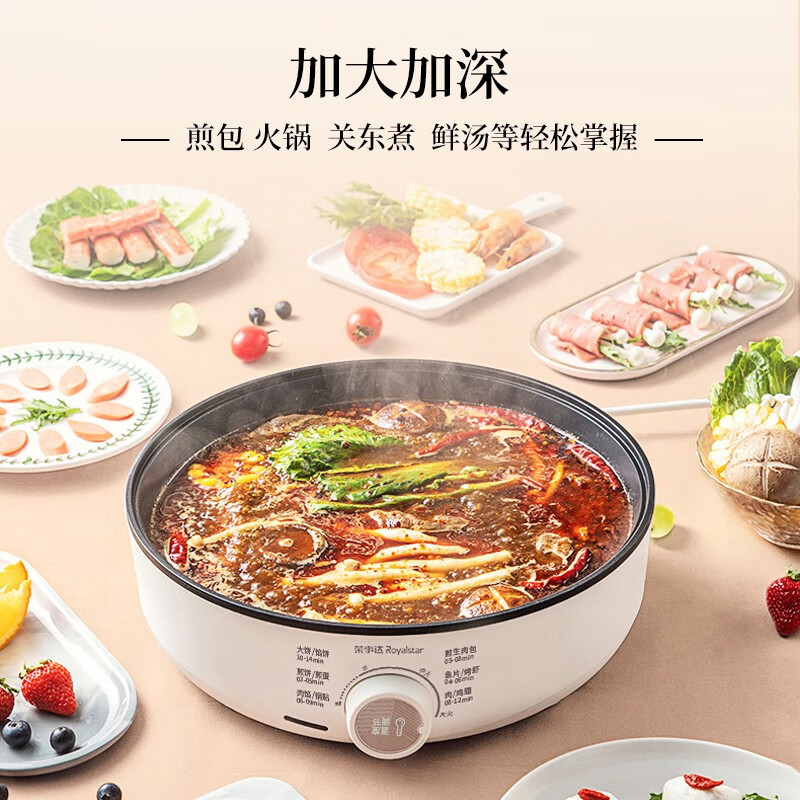
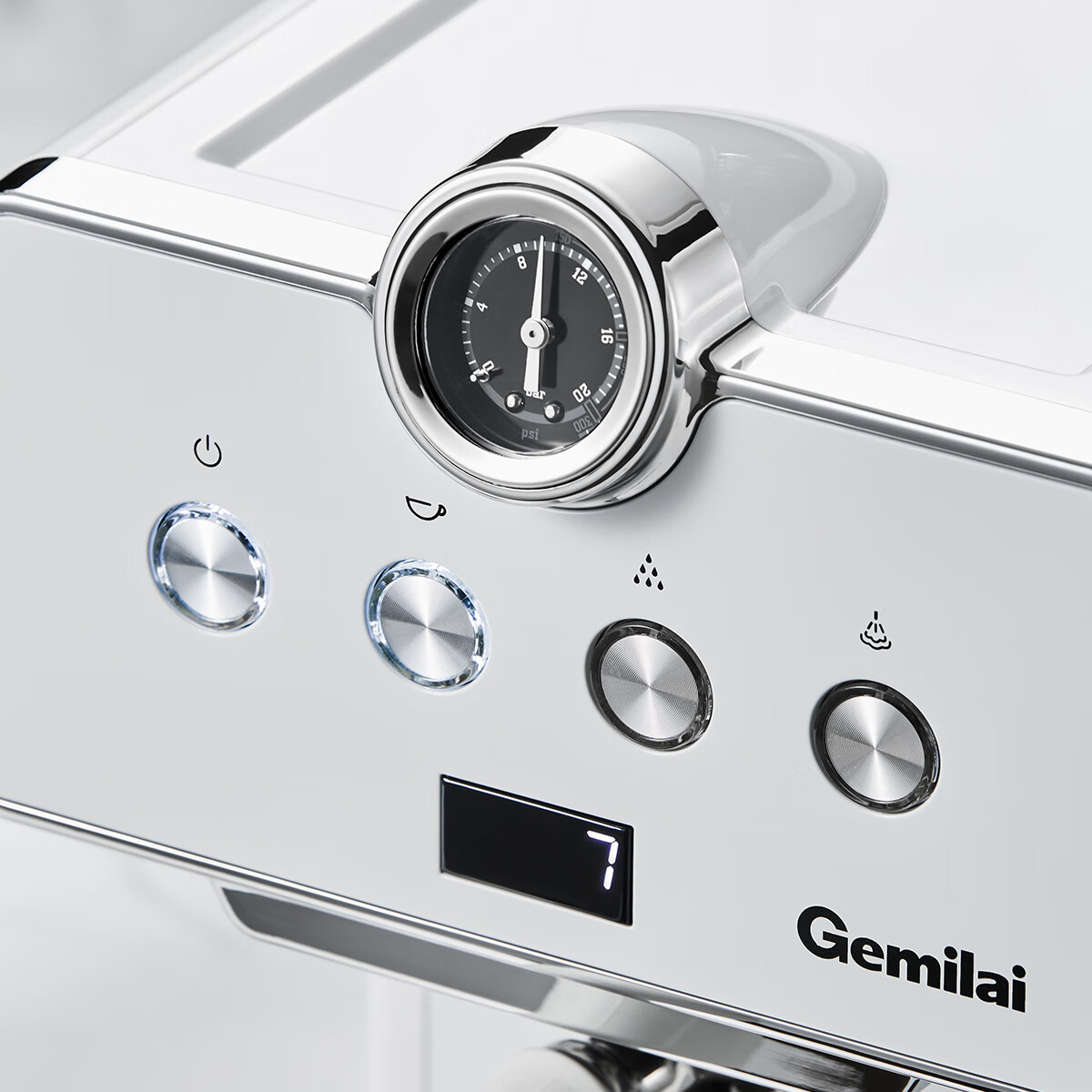
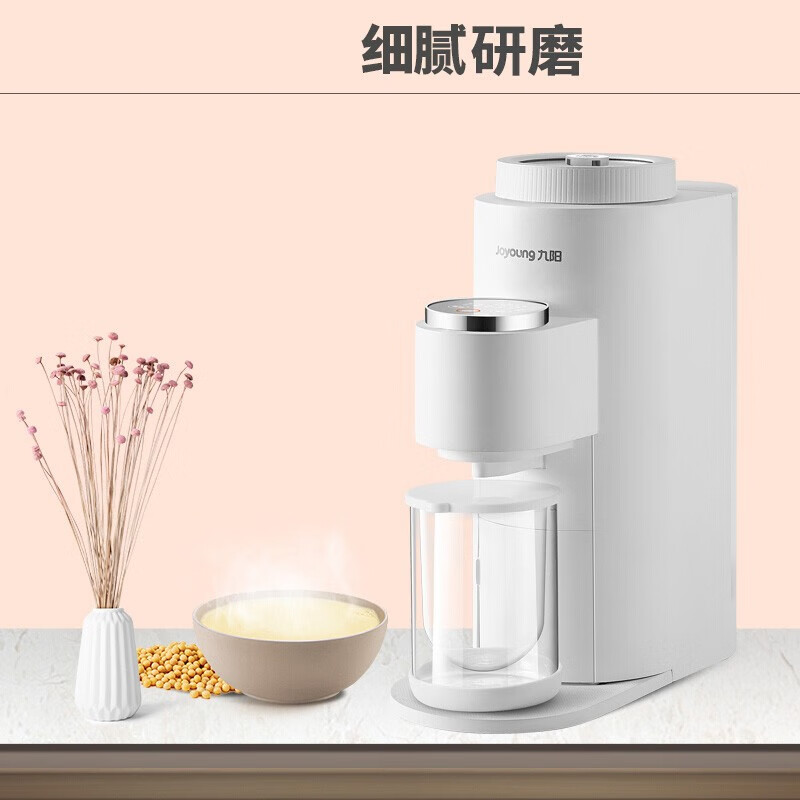

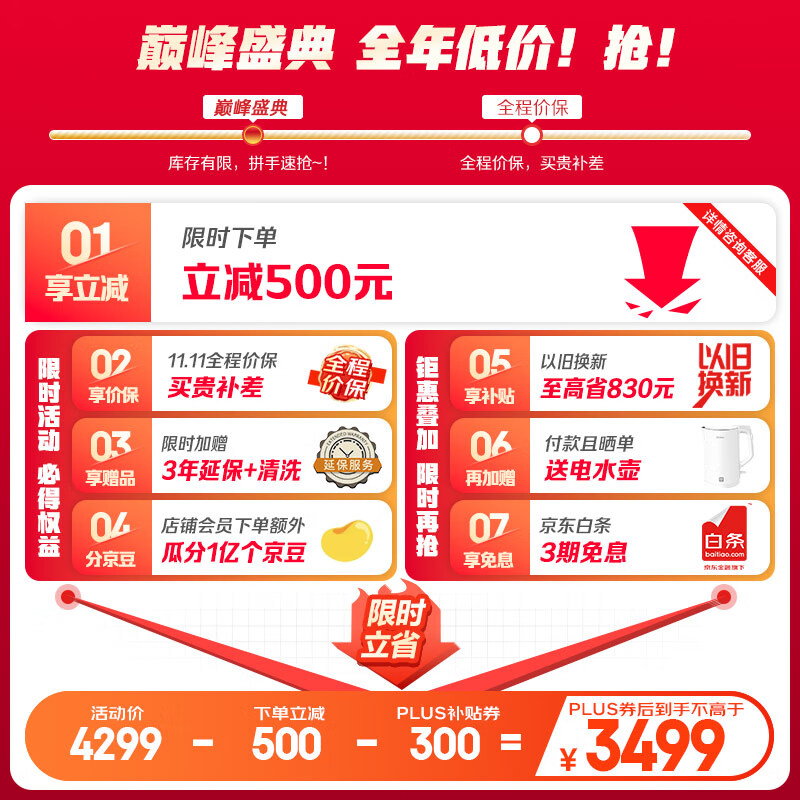
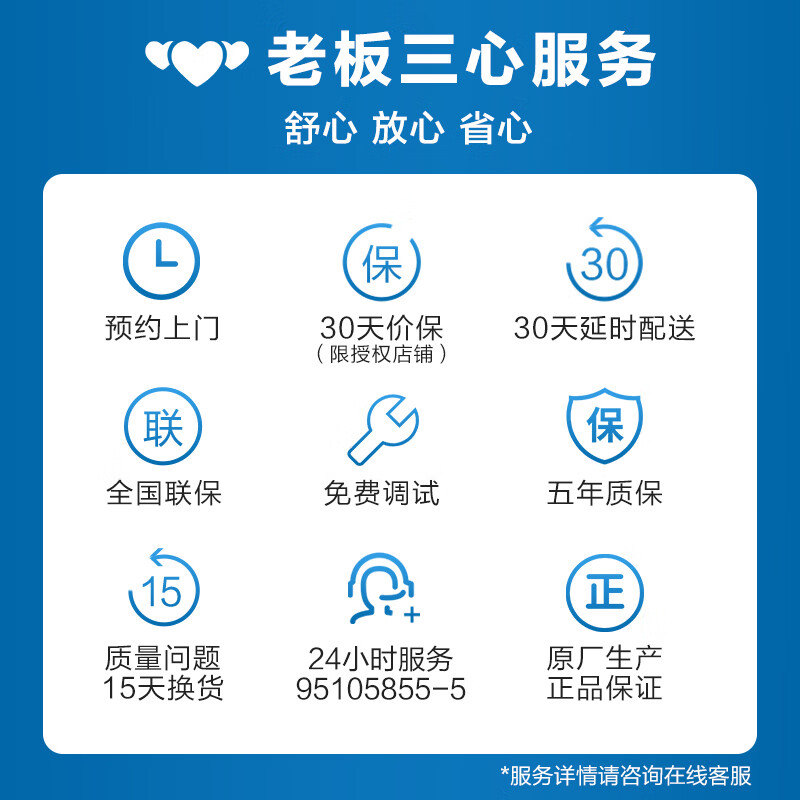










还没有任何评论,你来说两句吧